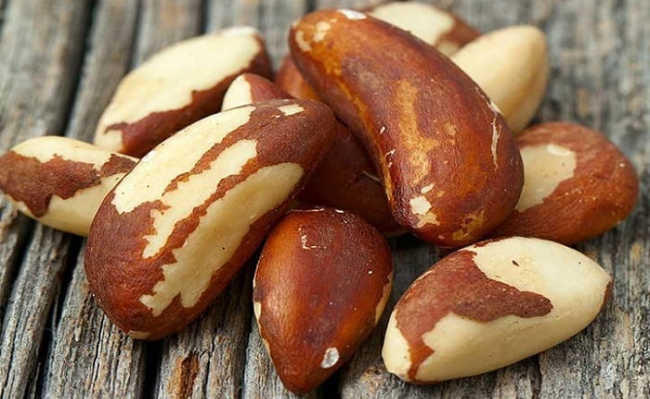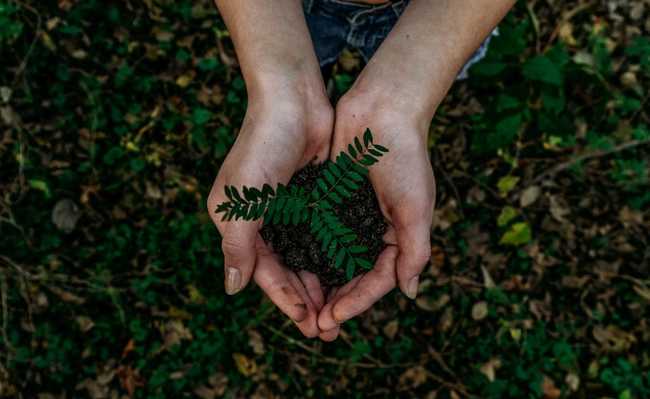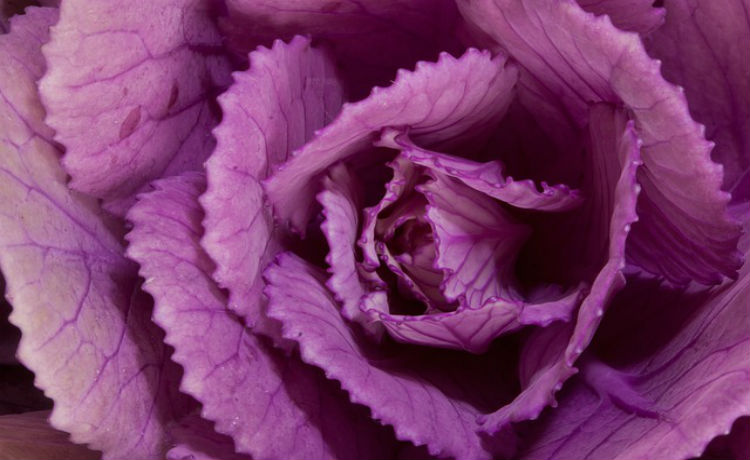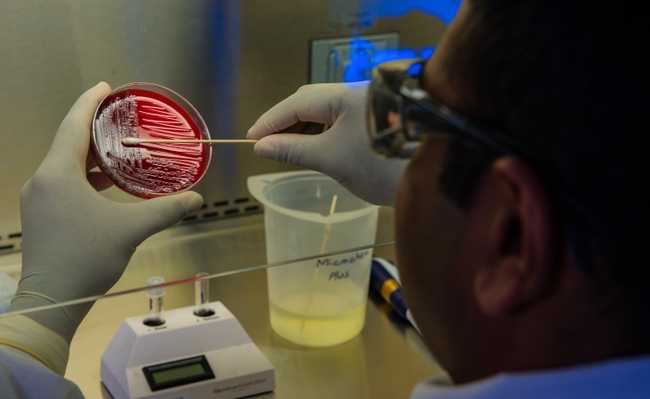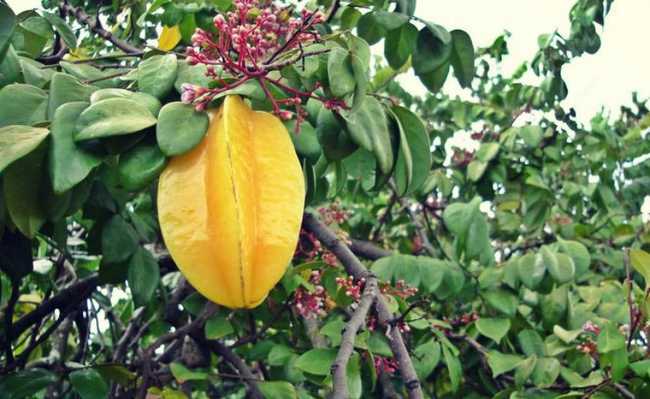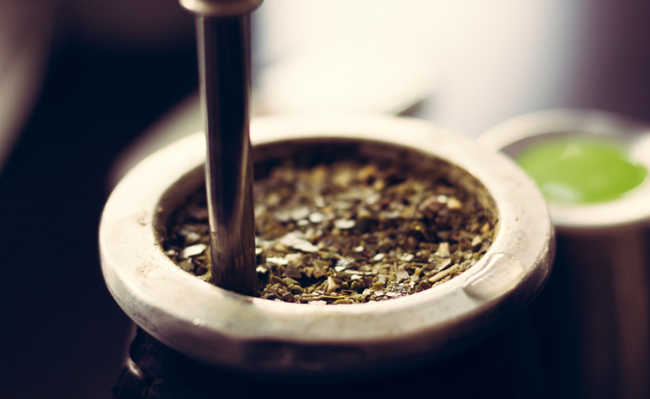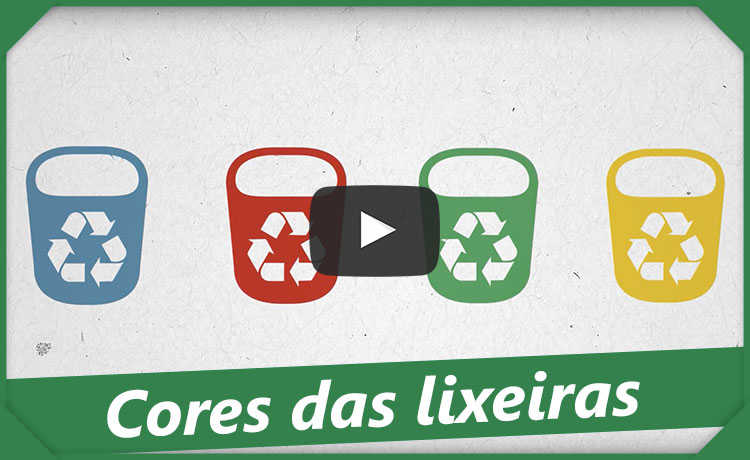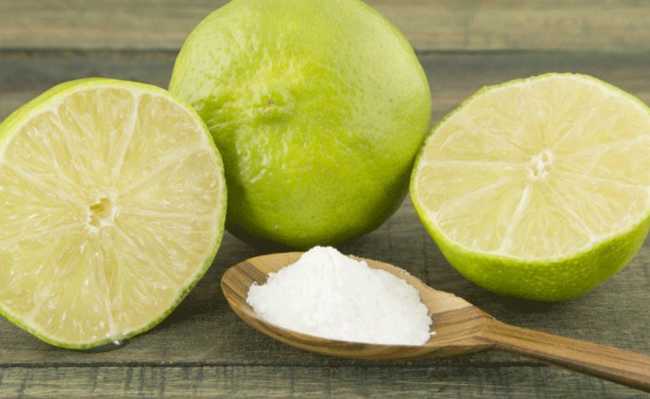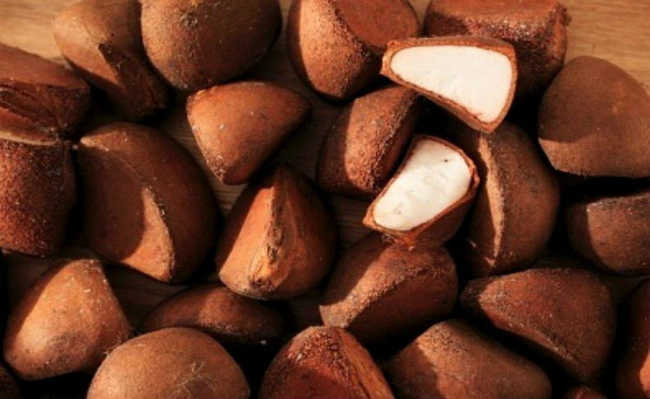Varicose veins: understand what they are and how to treat them
Suffering from varicose veins in the pelvis, legs and other regions of the body is normal, but we don't need to get used to them!

Image: Frank Vex on Unsplash
About 60% of the population suffers from varicose veins - and most cases occur in women. Usually the concern is cosmetic, although varicose veins can cause pain and swelling, among other minor symptoms. The bluish and deformed appearance of varicose veins is due to blood that was not properly pumped back to the heart and ended up being retained in one place.
If you are interested in natural ways of treating varicose veins, their existing symptoms, in alleviating existing varicose veins or preventing new ones from appearing, check out the tips below. It is worth remembering, however, that natural strategies are also error-prone, as are conventional treatments. Keep in mind that not every varicose vein treatment you use will work for you the same way it works for someone else, or not at the same speed. Therefore, we recommend patience before giving up on a more conscious treatment like this. Explore the following tips, each one is worth it!
Do exercises
What is physical activity good for? To lose weight? Yes. To fight hypertension? Yes. To fight varicose veins? Yeah, yeah again. Exercise is the key to keeping your veins strong and healthy - indirectly, you lose weight, which prevents the appearance of more varicose veins, characteristic of varicose veins. By combining aerobic exercise with weight training, your venous support and muscle endurance increase. Then it's just joy.
Herbs and Nutritional Supplements
Some products taken directly from nature, such as exfoliants and essential oils, can also help in the fight against varicose veins. Check it out:- Grape seed meal: Grape seed meal is already a very popular treatment in France. It is rich in a particular type of antioxidant that promotes elasticity and reduces the leakage of fluid responsible for swelling in the legs;
- Horse Chestnut Seed Extract: it is the most studied supplement for the treatment of varicose veins and widely used in Europe. Research says that a very specific component called escin is responsible for supporting the normal functioning of the vessel walls, thus contributing to the health of the veins. It can be used either directly on the skin or orally.
Before starting any type of treatment for varicose veins with natural supplements, you need to keep in mind that natural is not synonymous with safe; re-educate yourself, do a lot of research, and know exactly what you're taking. Like any drug, herbs and derivatives can cause side effects. The use of some types may be inappropriate depending on your health condition or any particularity. By the way, as said before: be patient; these natural supplements will not solve your varicose vein problems overnight.
Homeopathy
There are several homeopathic treatments that can help you treat varicose veins and reduce symptoms, but this option also depends on the characteristics of each person, with variable results. Below we list some of the most common treatments, but it is recommended that the user be sure which type is best suited for their particular case:
- arnica montana: It is good for people whose varicose veins are painful to the touch, who feel worse when moving, and whose legs appear to be sore.
- Carbonic limestone: Recommended for people who are easily tired, have poor circulation, are overweight and feel anxious when overloaded at work.
- Witch Hazel: It is a good treatment for people with sensitive veins, who feel "stinging" in their legs, and who have bleeding in cases of hemorrhoids.
- Pulsatilla: Recommended for people whose problems usually disappear on cold days and get worse in the heat, and whose veins are heavy and hot at night.
compresses
Compresses are always welcome for the most varied problems. In the case of varicose veins, they reduce discomfort and swelling in the legs.
Apple vinegar for varicose veins
One option is to make a compress using apple cider vinegar to treat varicose veins. It helps to stimulate circulation and has anti-inflammatory properties. Moisten a clean, soft cloth with apple cider vinegar and place on legs or in the region affected by varicose veins for at least 20 minutes. The ideal is to do the procedure with your legs raised, if possible twice a day, for at least two weeks.
These are just a few recommended treatments for varicose veins. But, of course, it is always recommended to consult a doctor or doctor, as in some cases it may be necessary to undergo varicose vein surgery to resolve the problem. But patience will always be your best companion on these paths towards a healthier life and better circulation!
